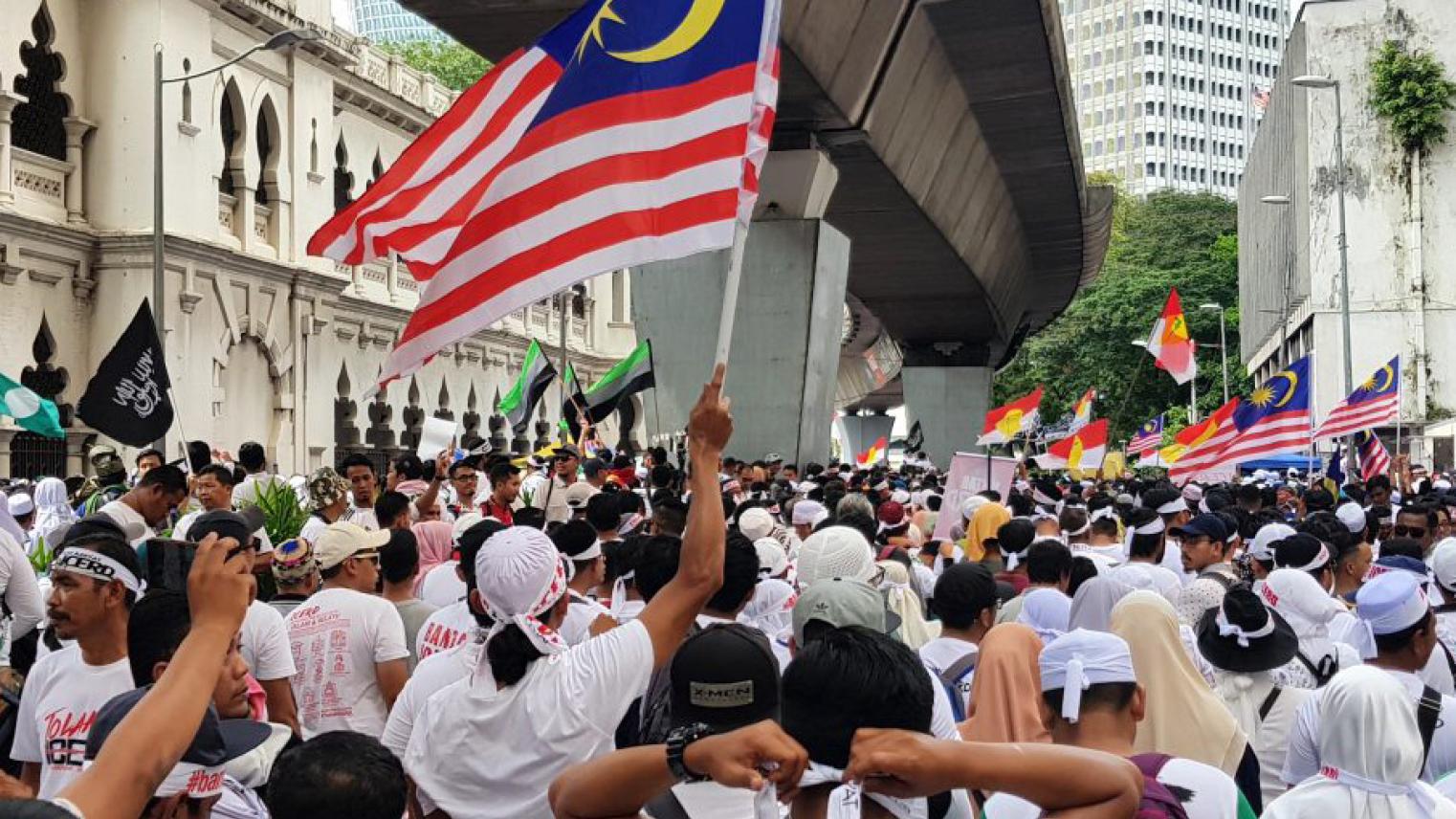VENUE
This event will be held in hybrid mode, i.e. in-person on the ANU Campus, and virtually on zoom.
IN-PERSON: Institutes Boardroom, HC Coombs Extension Building 8, 9 Fellows Road ANU, ACTON, ACT 2601.
ONLINE: Zoom. Please select the relevant ticket, in-person or online, according to your preferred attendance mode.
The ANU Southeast Asia Institute Research Seminar Series is a recurring seminar series that showcases the work of scholars within the ANU working on political, social and cultural issues in Southeast Asia, with the goal of encouraging greater exchange, collaboration and networking amongst the research community.
The role of 'resources' in regime durability in Laos: The political economy of statist market socialism
The relationship between social media and populism is a much-debated topic. The usual concern is that social media exacerbates prevailing fault lines. What is less explored is the chain of online/offline events and network of interested parties that led to moments of populist mobilisation with highly consequential majoritarian aftereffects. In Southeast Asia, these populist events are not organic per se, but rely on longstanding virtual communities that sustained in-group preaching; Overton Window-shifting conspiracy theories and propaganda; and networks of virality activated during moments of need.
This seminar stems from an ongoing effort to capture and analyse pivotal moments of right-wing online mobilisation in Malaysia through a five-factor framework: moments, mobilisation, mediatisation, mainstreaming, and mirroring. Using several instances of majoritarian mobilisation in Malaysia (anti-ICERD rally, Buy Muslims First campaign, and the recent ‘Green Wave’), the speakers explore the ‘manufactured’ nature of these moments and how an online/offline combination resulted in the mobilisation and mainstreaming of right-wing agendas.
The speakers examine how right-wing politicians, activists, preachers, opinion leaders and cyber troopers propagate perceptions of ‘Islam under threat’ to justify their intolerant attitudes toward ethnic, religious, gender and sexual minorities, and the conditions that facilitate such digitised mobilising. They argue that these forms of mobilisations hypercharged majoritarian trends, such as the purported ‘Green Wave’ during the recent Malaysian elections.
Lastly, they also go beyond the Malaysian case study to see how these forms of right-wing mobilisation are mirrored in the region (such as in Indonesia) and beyond.
Speakers
Dr Nicholas Chan is a postdoctoral fellow at the Strategic and Defence Studies Centre (SDSC), The Australian National University. His research interest lies in the intersection of religion and politics, with a specific focus on areas such as ontological security, religion and social media, counter-terrorism, and millenarian violence. He has published in journals such as Foreign Policy Analysis, TRaNS: Trans-Regional and -National Studies of Southeast Asia, and Critical Security Studies.
Dr Hew Wai Weng is a research fellow at the Institute of Malaysian and International Studies, Universiti Kebangsaan Malaysia (IKMAS, UKM). He writes about Chinese Muslim identities, Hui migrations, political Islam, urban middle-class Muslim aspirations and their social media practices in Malaysia and Indonesia. He is the author of Chinese Ways of Being Muslim: Negotiating Ethnicity and Religiosity in Indonesia (NIAS Press, 2018). He will be a Fulbright visiting fellow at the Cornell University Southeast Asia Program from 2023-2024.
Photo by Hew Wai Weng
Click here to join our mailing list
Contact the ANU Southeast Asia Institute Research Seminar Series Conveners:
- Björn Dressel at bjoern.dressel@anu.edu.au
- Nicholas Chan at waiyeap.chan@anu.edu.au
